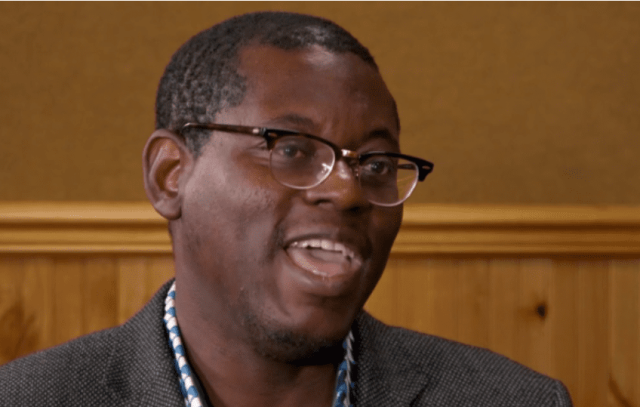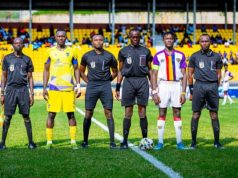A Vice President of IMANI Africa, Bright Simons has told the New Patriotic Party (NPP) that there is a danger to assuming that their support base will return eventually after their anger has subsided.
He says that is how the Convention People Party (CPP) lost Asante, where it actually had a very large base before independence.”
Bright Simons indicated that he predicted last year that a good number of the base of the New Patriotic Party (NPP) would not turn out to vote in the 2024 general elections.
However, he said, a political party’s base has layers, which together create a “winning coalition”.
The outer layer, he explained, can dissociate quite easily when the appeal of the party drops. Some voters in dissociated layers switch but many don’t.
The certified presidential results released by the Electoral Commission (EC) reveal massive voter apathy within the New Patriotic Party (NPP).
Over two million (2,073,283) voters who supported the NPP in the 2020 elections chose not to vote in the 2024 polls leading to their electoral defeat. In 2020, President Nana Akufo-Addo garnered 6.7 million (6,730,587) votes, representing 51.30% of total ballots cast.
In contrast, the NPP’s 2024 presidential candidate, Dr. Mahamudu Bawumia, secured just over 4.6 million (4,657,304) votes, a significant drop to 41.61%.
Bright Simons in a post on his X page said that “There is a huge danger in assuming that such voters have no choice but to return eventually after their anger has subsided. That is how the CPP lost Asante, where it actually had a very large base before independence.”
Below is his full post…
If you are like most Ghanaians, you’ve heard enough about why the NPP lost this year’s elections, etc. One point though has been misconstrued.
True that folks like me said more than a year ago, using by-election data, that a significant part of the NPP’s base won’t turn up in the general elections. See here: https://myjoyonline.com/npp-is-losing-members-of-its-core-base-bright-simons/
However, a political party’s base has layers, which together creates a “winning coalition”. The outer layer can dissociate quite easily when the appeal of the party drops. Some voters in dissociated layers switch but many don’t.
There is a huge danger in assuming that such voters have no choice but to return eventually after their anger has subsided. That is how the CPP lost Asante, where it actually had a very large base before independence.
Many people also forget that it is barely two decades ago that PNC was winning seats in Bolga, Sisala, and Zebila. It has since seen a permanent disassociation of sympathisers. In simple terms, voters left and most never came back.
Therefore, the claim that the shift from a ~1 million vote lead to a ~1.7 million vote loss is due primarily to disgruntled party members sulking because they were denied certain material benefits is flawed. We are talking about millions of voters here. Too many for such a scenario to be plausible. More likely is the case that they ceased their identification due to a misalignment of values.
The right diagnosis is, of course, the first step to wooing such voters back.
If you are like most Ghanaians, you’ve heard enough about why the NPP lost this year’s elections, etc. One point though has been misconstrued.
True that folks like me said more than a year ago, using by-election data, that a significant part of the NPP’s base won’t turn up in… pic.twitter.com/i0Ixs9rKZt
— Bright Simons (@BBSimons) December 11, 2024

















